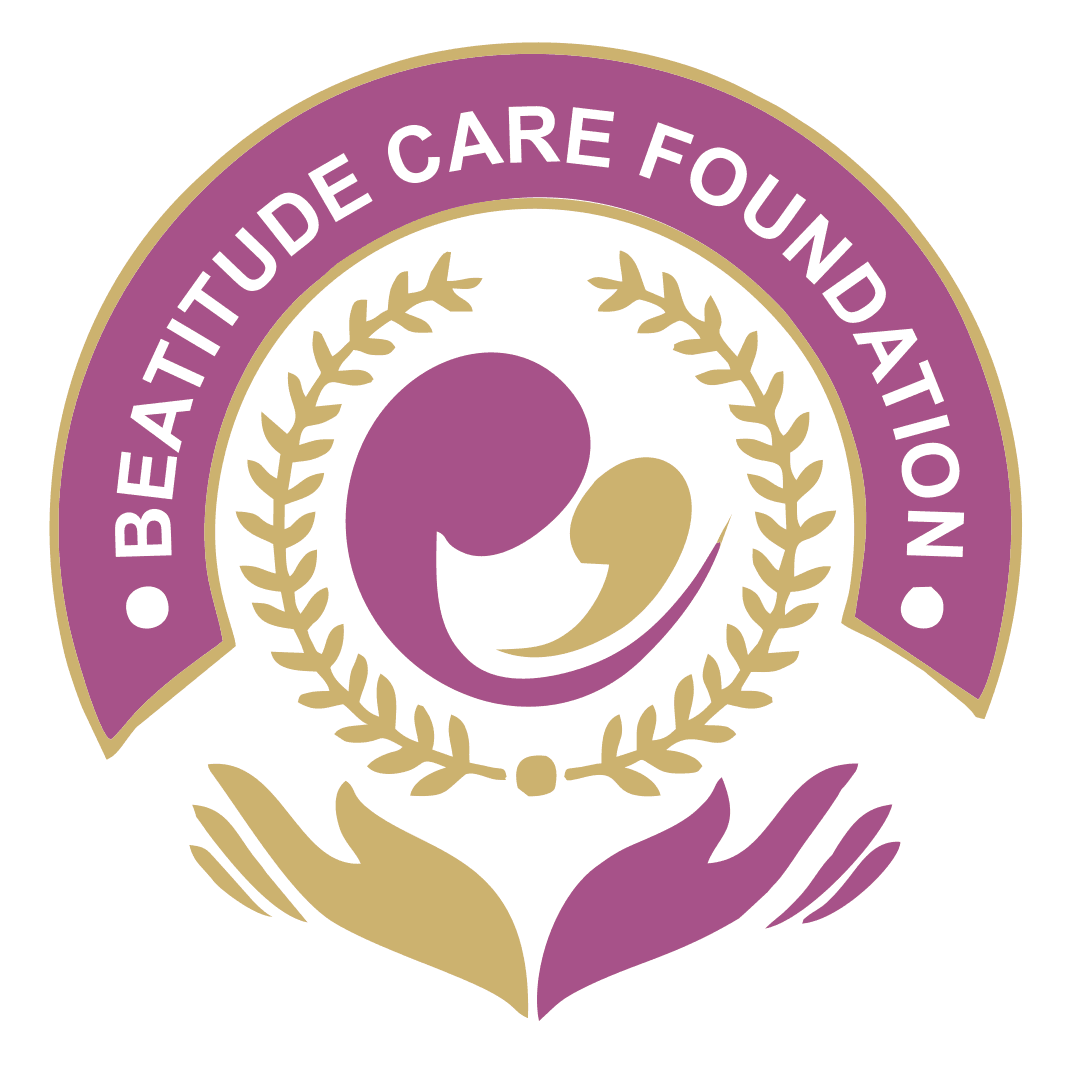Why Nigeria? Why maternity and children's care?
Well, that was John's dream! And Stewart and Terrie have 30 years of experience with OB/GYN care. What was behind John's desire to minister to women and children? Nigeria is one of the most dangerous places in the world to give birth. The risk of maternal death is 814 per 100,000. Compare that to a rate of 21 in the U.S. or 10 in Colorado. That makes being pregnant or giving birth in Nigeria 40 to 80 times more than what we expect. Every day 145 women die in Nigeria from pregnancy related conditions. That's one woman every 10 minutes! It is the 11th worst place on the planet to give birth. The rate of maternal mortality in Imo State is even worse at 900 per 100,000.
Nigeria has the highest number of newborn deaths in Africa. 700 newborns die every day. And 2300 children under five die every day in Nigeria, mostly of preventable or treatable causes. Malaria, malnutrition, diarrhea, measles and pneumonia are responsible for most of the childhood deaths.
The biggest factor in poor health outcomes in Nigeria is the availability of healthcare. That may be due to location and lack of transportation, but often times is the result of economic issues. There are no facilities in the area we will serve that offer free healthcare. There is no insurance in Nigeria, and hospitals require payment upfront before treating a patient. If a patient is admitted and requires further care it will not be given until payment is made. As a result, people wait until they are dangerously ill to go to the hospital. If a cesarean section becomes necessary for childbirth there is a 40% chance that mother, child, or both will not survive because care was delayed.
While we are not able to offer totally free care, we do offer a much reduced cost and allow patients to pay after treatment is given. This encourages people to come for care before it is too late to have a good outcome. Most causes of morbidity and mortality among pregnant women and children in Nigeria are easily treated conditions if caught early enough. And few families in the villages have cars. Transportation is by motorcycle or bicycle. Having healthcare nearby makes a huge difference to these communities.


